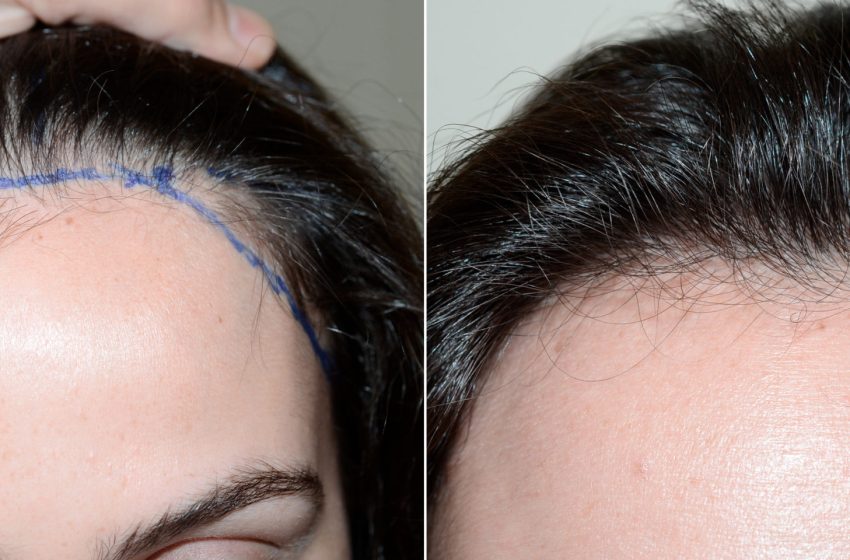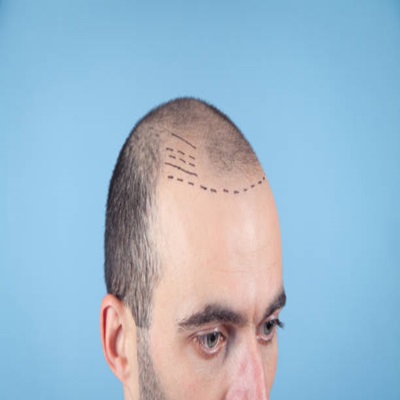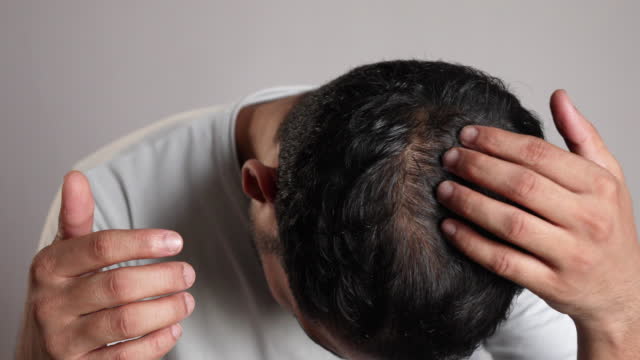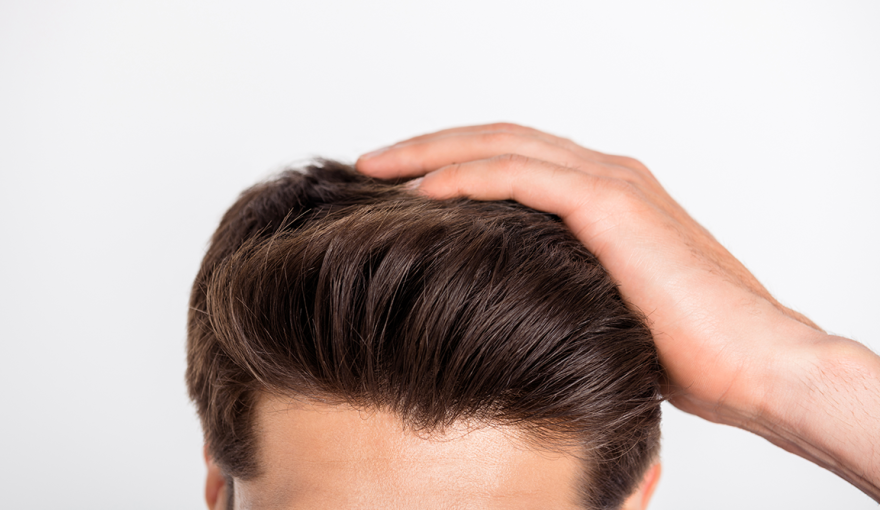Hair Transplant Aftercare: Essential Tips for Optimal Growth

Undergoing a hair transplant is a significant step towards reclaiming your hair and confidence. However, achieving the best results requires proper aftercare to ensure optimal growth and health of the transplanted follicles. This guide outlines essential tips for aftercare following a Hair Transplant in Dubai procedure.
Follow Your Surgeon’s Instructions:
Adhere to Post-Operative Guidelines:
Every hair transplant is unique, and your surgeon will provide specific aftercare instructions tailored to your procedure. It’s crucial to follow these guidelines closely to avoid complications and ensure the best results.
Key Points to Consider:
- Medications: Take any prescribed medications, such as pain relievers or antibiotics, as directed.
- Activity Restrictions: Follow recommendations regarding physical activity and avoid strenuous exercises for a specific period.
Keep the Scalp Clean:
Gentle Washing Techniques:
Maintaining cleanliness is vital in the days following your transplant. A clean scalp minimizes the risk of infection and supports healing.
Washing Guidelines:
- First Few Days: Avoid washing your hair for at least 48 hours post-surgery. After this, gently rinse your scalp with lukewarm water and a mild shampoo.
- Pat Dry: Use a soft towel to gently pat your hair dry, avoiding any rubbing that may disturb the grafts.
Avoid Touching or Scratching:
Preventing Displacement of Grafts:
It’s essential to refrain from touching, scratching, or picking at the transplanted area to avoid damaging the follicles.
Tips to Avoid Touching:
- Wear a Loose Hat: A loose-fitting hat can protect your scalp and prevent accidental touching.
- Keep Your Hands Busy: Engaging in activities that keep your hands occupied can help you resist the urge to touch your scalp.
Protect the Scalp from Sun Exposure:
Sun Protection is Key:
Direct sunlight can harm the healing follicles and potentially affect hair growth. Protecting your scalp from UV rays is crucial, especially in the initial weeks after surgery.
Protection Strategies:
- Wear a Hat: Opt for a wide-brimmed hat when going outdoors to shield your scalp.
- Use Sunscreen: If recommended by your doctor, apply a gentle sunscreen on the scalp once it has healed sufficiently.
Avoid Smoking and Alcohol:
Minimizing Risk Factors:
Both smoking and alcohol consumption can impede healing and negatively affect blood circulation, which is vital for the nourishment of transplanted follicles.
Recommendations:
- Quit or Reduce Smoking: Ideally, stop smoking at least a week before the procedure and continue for several weeks afterward.
- Limit Alcohol Intake: Avoid alcohol consumption for at least a week post-transplant.
Maintain a Healthy Diet:
Nutritional Support for Hair Growth:
A balanced diet plays a crucial role in promoting hair growth and overall recovery. Focus on consuming nutrient-rich foods that support follicle health.
Foods to Include:
- Protein: Foods like eggs, lean meats, fish, and legumes help build healthy hair.
- Vitamins and Minerals: Incorporate fruits and vegetables rich in vitamins A, C, D, E, and minerals like zinc and iron, essential for hair growth.
Stay Hydrated:
Importance of Hydration:
Drinking plenty of water aids in recovery and supports the overall health of your scalp. Proper hydration keeps your skin and hair follicles nourished.
Hydration Tips:
- Drink Water Regularly: Aim for at least 8-10 glasses of water daily.
- Limit Caffeine and Sugary Drinks: Reduce intake of caffeinated and sugary beverages, which can lead to dehydration.
Manage Stress:
The Impact of Stress on Hair Growth:
High-stress levels can negatively affect hair health and growth. Practicing stress management techniques can aid in the recovery process.
Stress-Relief Techniques:
- Meditation and Yoga: Engaging in mindfulness practices can help reduce stress.
- Regular Exercise: Light exercise, like walking, can promote overall well-being and alleviate stress.
Be Patient with the Process:
Understanding Hair Growth Phases:
It’s essential to have realistic expectations regarding the timeline of hair growth after a transplant. The process can be gradual, with visible results taking several months to appear.
Typical Timeline:
- Shedding Phase: It’s normal for transplanted hair to shed within the first few weeks.
- Regrowth: New hair growth typically begins around the 3-4 month mark, with full results visible within 12-18 months.
Follow-Up Appointments:
Importance of Regular Check-Ups:
Post-operative follow-up appointments with your surgeon are crucial for monitoring progress and addressing any concerns.
What to Expect:
- Assessment of Healing: Your surgeon will evaluate the transplanted area and ensure it is healing properly.
- Discussion of Concerns: Use this time to discuss any questions or issues that arise during your recovery.
Conclusion:
Successful hair transplant aftercare is vital for achieving optimal growth and results. By following your surgeon’s instructions, maintaining scalp cleanliness, protecting against sun exposure, and adopting a healthy lifestyle, you can enhance the success of your hair restoration journey. Remember to be patient as your new hair grows in and to keep communication open with your healthcare provider throughout the process. With proper care and attention, you can look forward to enjoying a fuller head of hair and renewed confidence.




